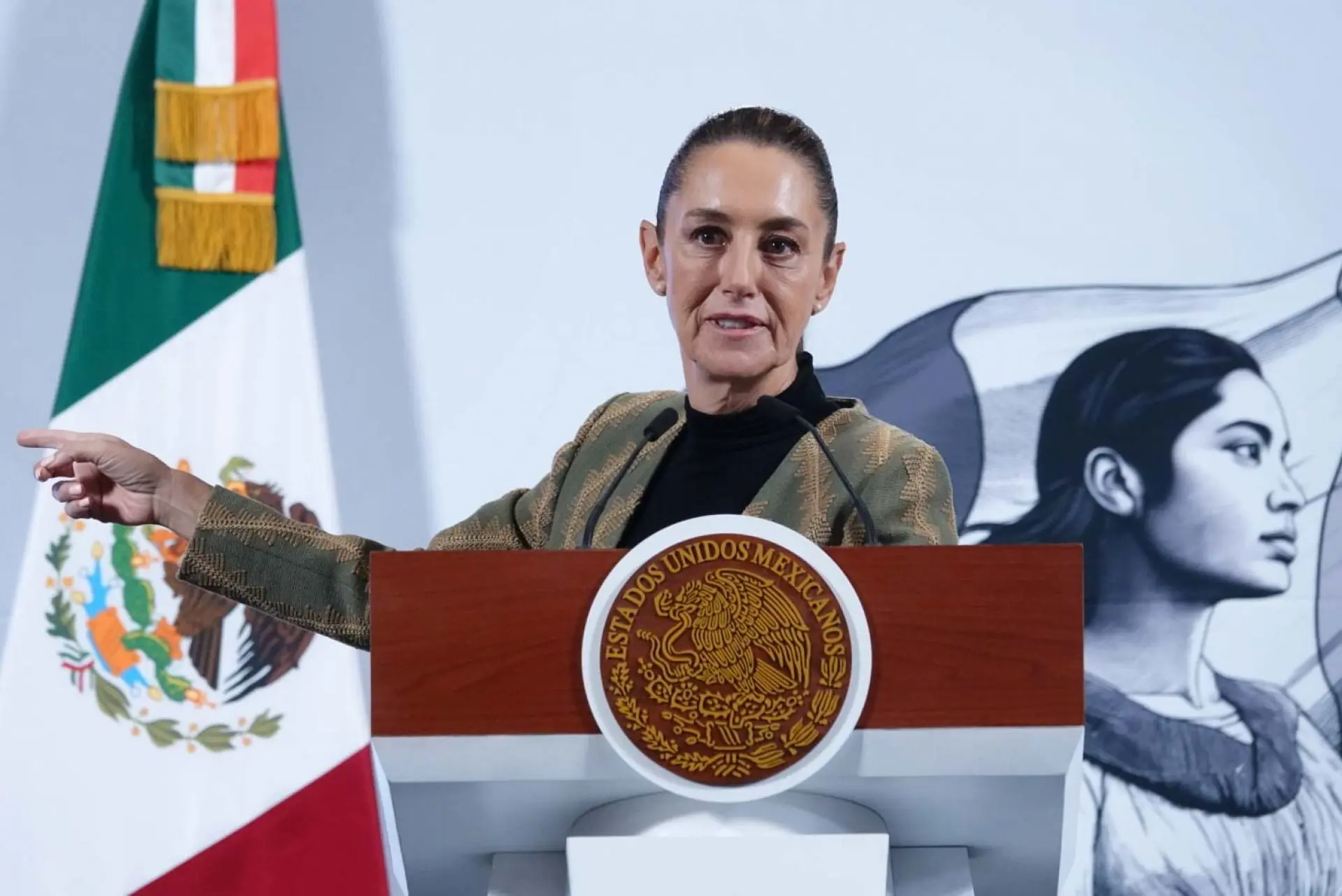
President Claudia Sheinbaum said that Washington has not informed the Mexican government of the possible 20.91 percent tariff on the country’s tomato exports to the United States. The U.S. Department of Commerce announced the tariff, and specified it would begin to be applied on July 14.
“The Mexican government was not notified, either through the Ministry of Foreign Affairs, or the Ministry of Economy, or the Ministry of Agriculture; it was notified by lawyers for tomato producers in the United States. That is wrong, they should have informed the Mexican government as well,” the president said at her morning press conference.
Sheinbaum explained that the producers were informed of the tariff through a law firm with headquarters in the United States, “so we are also waiting for the Mexican government to be notified.”
Tomatoes exported to the United States mainly come from Sinaloa, although there are other states that are also involved in this long-standing export business.
However, the President emphasized that U.S. growers have complained that the price of Mexican tomatoes is lower, although this price, she explained, corresponds to the cost of production and there is no subsidy from the government, unlike in the United States.
“There is no dumping by Mexican tomato producers in exports,” the President explained.
Dumping is an international trade practice whereby a country exports products to another nation at a lower price than it sells them for in its own market. It is considered a form of unfair competition and can have negative effects on local producers in the importing country.
Sheinbaum added that there is no substitute for Mexican tomatoes in the United States, as only a small percentage of those consumed are from Florida.
“The amount of tomatoes that are exported to the United States cannot be replaced by any other source worldwide, because the tomatoes are cut fresh and transported while they’re fresh, and it takes very little time for them to go from Sinaloa, for example, to the United States,” she continued.
Sheinbaum also noted that although she does not believe that this tariff will enter into effect, “because this process takes 90 days; it has been done many times and Mexico has always won,” even in the event that it were to be applied, “Mexican tomatoes would continue to be exported to the United States because there is no substitute, the main problem would be these tomatoes would be more expensive”.
Sheinbaum said that there are longstanding, ongoing trade issues, which have nothing to do with President Donald Trump, particularly involving chicken and pork, in which Mexican producers have complained that U.S. growers are engaged in dumping practices, that is, subsidizing the price and selling cheaper in Mexico. “In any case, Mexico always has the possibility of applying this sanction in the case of chicken or pork,” she said.
The U.S. Department of Commerce announced that Washington is withdrawing from the 2019 Mexico-US Tomato Suspension Agreement, which suspended these tariffs.
“The current agreement has failed to protect U.S. tomato producers from unfairly priced Mexican imports, as the Department of Commerce has been inundated with comments from them urging its termination. This action will allow U.S. tomato producers to compete on a level playing field in the marketplace,” the Commerce Department said in a statement.
The Tomato Suspension Agreement between Mexico and the United States was adopted in 1996 following a petition to the U.S. Department of Commerce (DoC) by Florida tomato producers to initiate an anti-dumping investigation into Mexican tomato exports to that country.
The DoC determined in its preliminary resolution that there were margins of dumping in the sale of Mexican tomatoes to the U.S. market. However, it suspended the investigation through a price commitment that allowed for the signing of an Anti-Dumping Investigation Suspension Agreement between Mexican producers, the U.S. government, and the DoC.